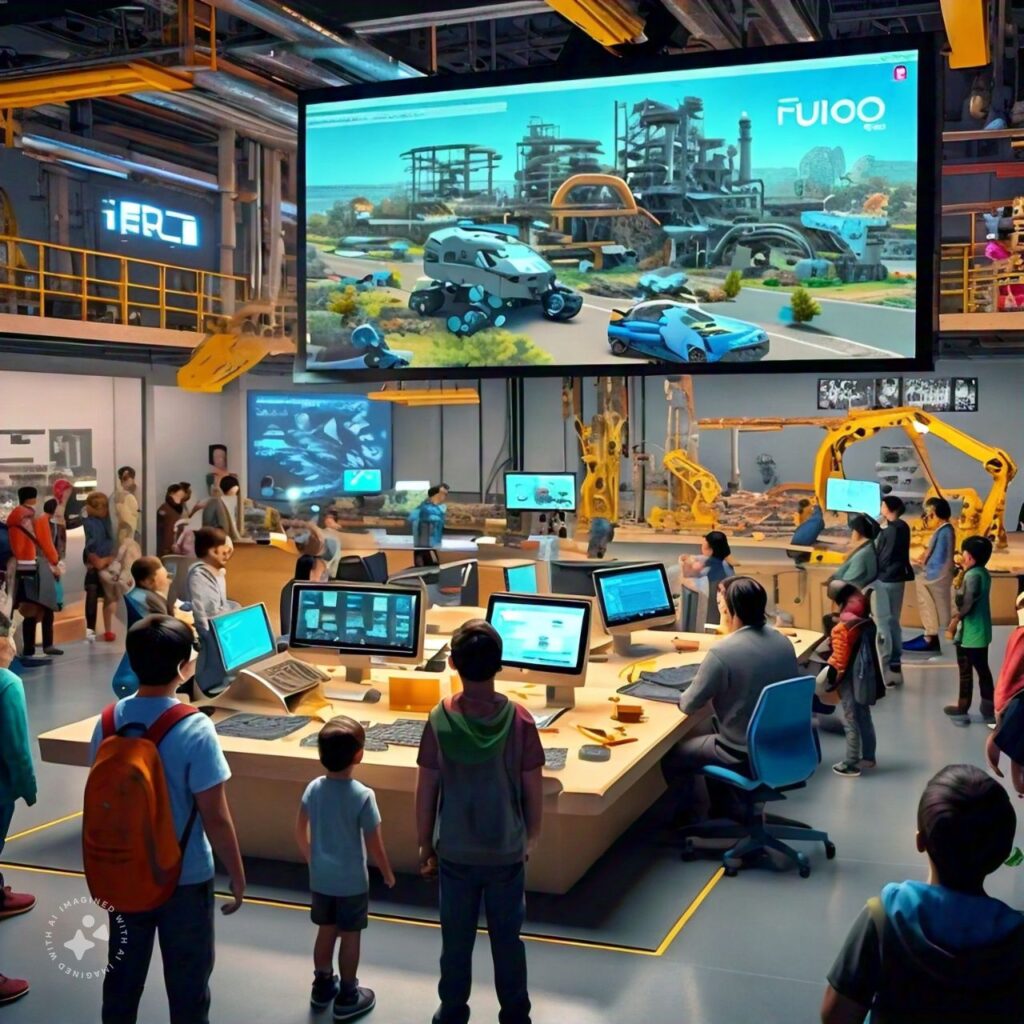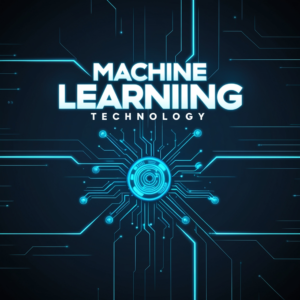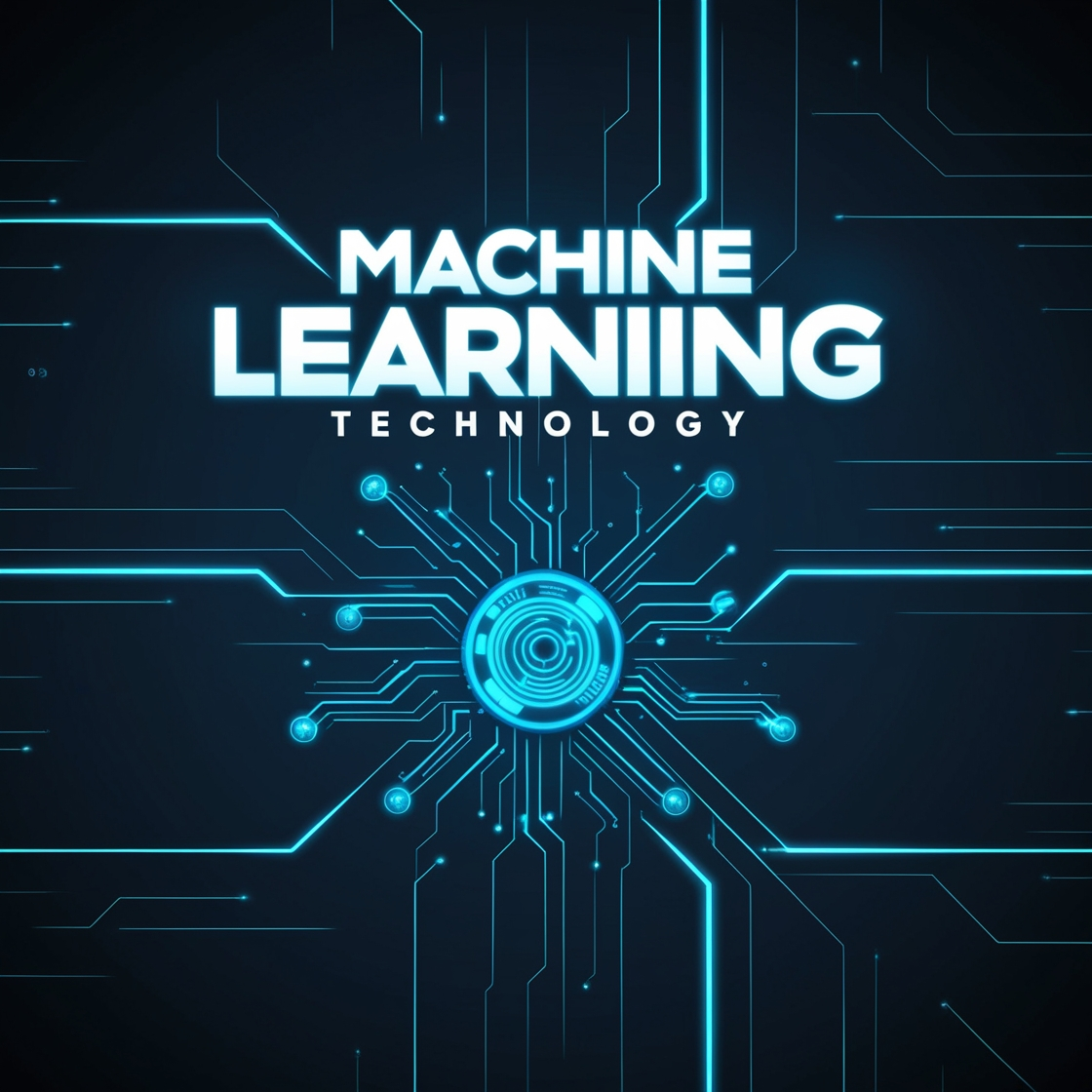Discover the latest developments in AI technology and explore the future of artificial intelligence. Learn about recent advancements and future directions in this informative blog post
Learn more about our AI assistant ai,
The Rise of Artificial Intelligence
Artificial intelligence (AI) has come a long way since its inception in the 1950s. From its early beginnings in machine learning to the current state of deep learning and neural networks, AI has evolved significantly over the years. From being a mere concept in science fiction to becoming a reality that transforms industries and revolutionizes the way we live and work, AI has made tremendous progress in recent years.
Check out for more :
Recent Advancements in Artificial Intelligence
Recent advancements in AI are largely attributed to the development of machine learning algorithms, which enable machines to learn from data and improve their performance over time. This has led to significant breakthroughs in areas such as natural language processing, computer vision, and predictive analytics.
- Natural Language Processing (NLP): AI can now understand and generate human-like language, with applications in chatbots, virtual assistants, and language translation.
- Computer Vision: AI can recognize objects, people, and patterns in images and videos, with applications in facial recognition, object detection, and autonomous vehicles.
- Deep Learning: AI can learn complex patterns in data, leading to breakthroughs in image and speech recognition, natural language processing, and predictive analytics.
- ** Reinforcement Learning**: AI can learn from trial and error, leading to advancements in game playing, robotics, and autonomous systems.
Future Directions in Artificial Intelligence
- Explainability and Transparency: Developing AI systems that can explain their decisions and actions.
- Ethics and Fairness: Ensuring AI systems are ethical, fair, and unbiased.
- Human-AI Collaboration: Developing AI systems that can collaborate with humans effectively.
- Edge AI: Deploying AI at the edge of the network, reducing latency and improving real-time decision-making.
AI, Big Data, and IoT: A Powerful Combination
The combination of AI, big data, and IoT will revolutionize industries like healthcare, transportation, and manufacturing. Here are some future trends and challenges:
- Data Integration and Analytics: AI will help make sense of data from many sources to support decision-making and optimization.
- Predictive Maintenance: AI will help predict and prevent equipment failures by analyzing real-time data.
- Autonomous Systems: Self-driving vehicles, drones, and robots will become more common, requiring advanced AI algorithms.
- Edge Computing: AI will enable real-time processing and decision-making on devices, reducing latency and bandwidth usage.
Applications of AI
One of the most notable applications of AI is in virtual assistants, such as Siri, Alexa, and Google Assistant, which have become an integral part of our daily lives. These assistants use natural language processing to understand voice commands and perform tasks, making our lives more convenient and efficient.https://cloud.google.com/discover/ai-applications
A. Healthcare: AI in Diagnosis, Treatment, and Personalized Medicine
AI is helping healthcare in many ways:
- Better diagnoses: AI looks at medical data like X-rays, patient records, and genetic info to find patterns and predict outcomes.
- Personalized treatment: AI suggests tailored treatments based on individual patient needs.
- Improved patient care: AI helps predict patient outcomes, optimize drug use, and allocate resources more efficiently.
Overall, AI is making healthcare more accurate, effective, and cost-efficient.”
B. Autonomous Vehicles: Evolution of Self-Driving Technology
Autonomous vehicles (AVs) are a remarkable use of AI in transportation. AI helps AVs:
- See their surroundings using cameras, sensors, and GPS
- Make quick decisions to navigate safely
- Detect obstacles, pedestrians, and other vehicles
- Follow traffic rules and adapt to changing roads
This technology promises to:
- Improve road safety
- Reduce accidents
- Improve traffic flow
- Provide more transportation options for people with disabilities or limited access
Self-driving cars use advanced AI algorithms to interpret complex traffic scenarios and make smart decisions. This innovation has the potential to revolutionize the way we travel.”
C. Finance: AI Applications in Trading, Fraud Detection, and Risk Assessment
The finance industry uses AI in various ways, including:
- Automatic trading: AI algorithms buy and sell stocks based on market trends and predictions.
- Fraud detection: AI systems monitor transactions to detect and prevent fraudulent activity.
- Risk assessment: AI helps analyze data to predict and manage risks.
- Customer service: AI-powered chatbots assist customers with their queries.
AI analyzes financial data, market trends, and customer behavior to:
- Generate insights
- Optimize investment strategies
- Mitigate risks
In algorithmic trading, AI acts fast to capitalize on market opportunities. AI-powered fraud detection systems protect customer assets by detecting suspicious activities in real-time.
Ethics and Fairness in AI Decision-Making
A. Ethical Considerations in AI Development and Deployment
As AI becomes more powerful and widespread, we need to consider the ethical implications:
- Privacy: AI systems collect and analyze personal data, which raises concerns about privacy and consent.
- Transparency: AI algorithms can be hard to understand, making it difficult to know how they make decisions.
- Accountability: It can be hard to determine who is responsible when AI systems make mistakes or show biases.
These concerns are important because AI has the potential to impact our human rights and well-being. We need to develop AI in a way that is transparent, explainable, and fair, and that prioritizes human privacy and security.
B. Bias and Fairness Issues in AI Algorithms:
AI systems can be biased and unfair because of:
- Biased data used to train them
- Algorithm design choices
- Societal biases in data collection
This bias can lead to:
- Discriminatory outcomes
- Perpetuating existing inequalities
- Eroding trust in AI
AI also raises social concerns:
- Job displacement
- Inequality
- Digital divide
- Access to AI services
To address these issues, we need:
- Collaboration across industries and disciplines
- Regulatory frameworks
- Ethical guidelines
- Industry standards
- Ongoing dialogue
We must ensure AI development aligns with societal values and principles to promote responsible AI that benefits everyone..https://www.analyticsvidhya.com/blog/2021/06/fairness-and-ethics-in-artificial-intelligence/









Leave a Reply
You must be logged in to post a comment.